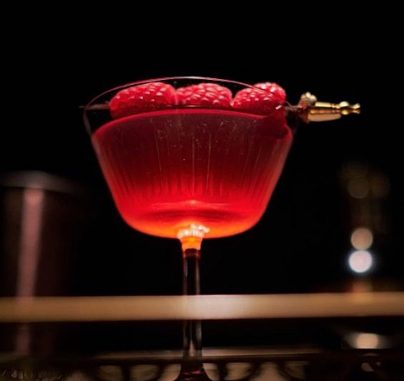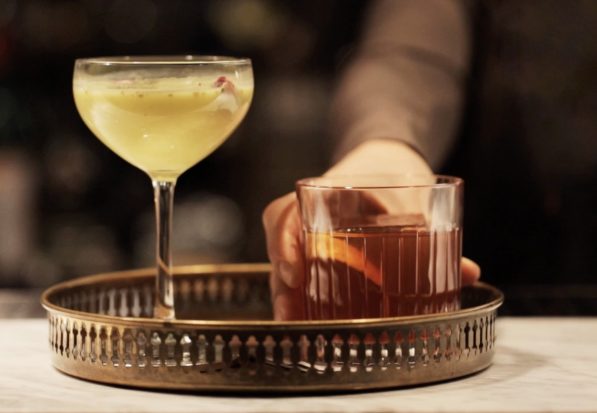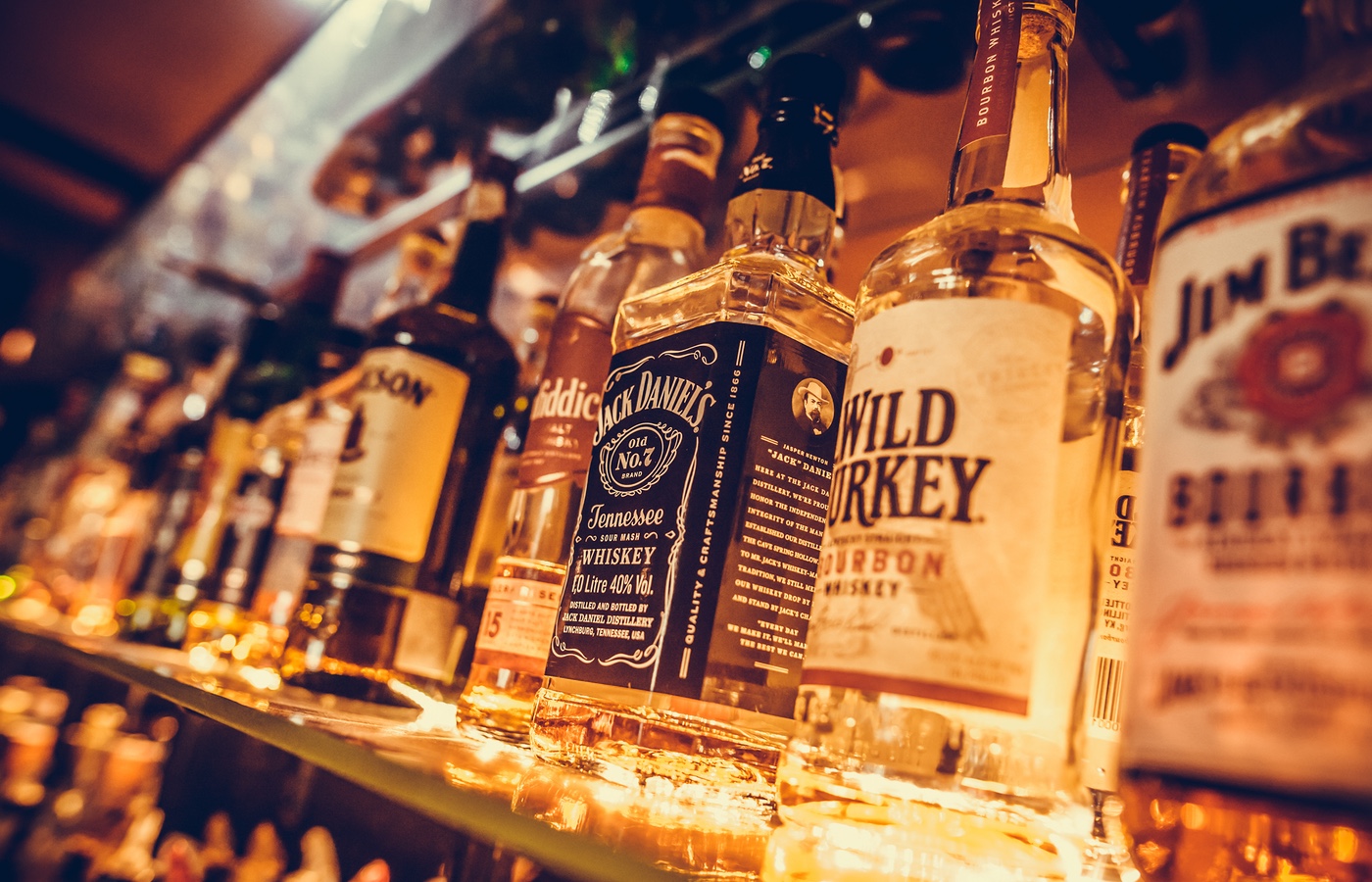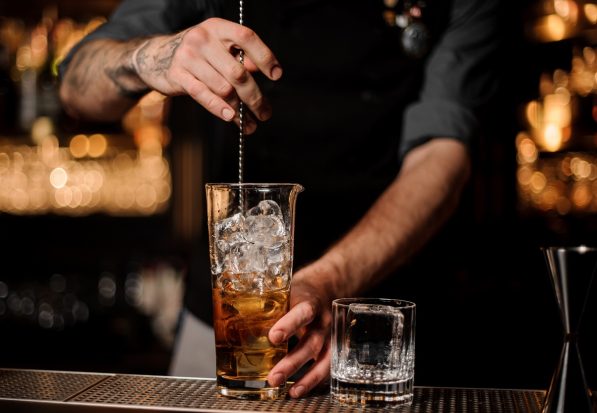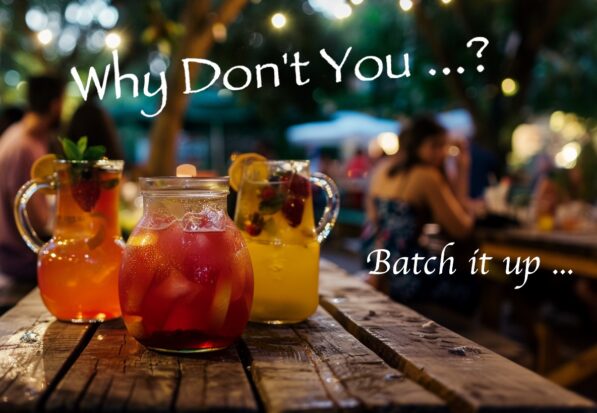At this time of year, whether it’s spring in your hemisphere or not, performing a bit of a Marie Condo spring clean on your home bar can really elevate your cocktail game.
Generally, alcohol has a pretty good shelf life, but that doesn’t mean that it will all last forever. To ensure your cocktails are at their best, make sure that old bottles haven’t outstayed their welcome.
Light, temperature, and air are the three main factors that can affect the quality of liquor over time. If liquor is exposed to daylight over a long period of time, it can lose colour and a change in colour is a good indication that there has been a change in its flavour. In the same way, the temperature can easily degrade and alters the liquor’s flavour. Flavour can also be altered through exposure to the air, which often leads to oxidation.
That said, if you store hard liquor at a moderate temperature away from direct light, it can usually last indefinitely and if it has an ABV of around 30% or 40%, liquor you won’t need to worry about bacteria.
The main thing to look out for is oxidation and flavour change. While most alcohol won’t become toxic, after a year or two the changes that oxidation brings means that while you technically could drink it, you probably wouldn’t want to drink it.
Below are some basic rules as to life expectancy, but if anything looks, smells or tastes a bit off, it’s always better to err on the side of caution.
- Base Spirits (Unopened): Unopened bottles of hard liquor (such as vodka, gin, bourbon, tequila, etc.) will usually keep pretty much indefinitely.
- Base Spirits (Opened): Most people would say that opened bottles should hit the curb after about a year, but seriously, most will be good for a year or two. But keep in mind the adage, ‘the less there is, the quicker it spoils’, and if it’s less than a quarter full, and it’s been around for a while, it might be time to show it the door. The more oxygen-rich air in the bottle, then the faster it will oxidise and degrade.
- Liqueurs (Non-Creamy): Sugary liqueurs and cordials tend to spoil more easily than base spirits. To be safe, if it has been sitting there for more than a year or you detect any discolouration, crystallisation or odour, it has to go.
- Liqueurs (Creamy): In general, any products that have dairy or egg in them, typically have expiration dates listed on the bottle but usually have a shelf life of up to 6 months after opening. While refrigeration isn’t necessary, it doesn’t do any harm with most creamy liqueurs often tasting better when chilled.
- Fortified Wines: As we all know, wine can go bad, So when looking at wine-based products such as Vermouths, Sherry or other types of fortified wines, you should ALWAYS be kept in the fridge. While fortified wine will last longer than normal wine, it changes in the same way. In theory, you shouldn’t keep Vermouth longer than a month or two, as the flavour does change over time. So, if it has darkened, or smells a little musty, it might be time to toss it
- Bitters: Keep these around! They last for years, even opened.
It’s important to store alcohol properly and try to keep as much air as possible from entering the bottle. While speed pourers may look professional, in a home bar they are simply enabling air to enter the bottle, so always use the original cap or stopper and ensure it’s sealed tightly. Lastly, try to store your bottles at room temperature (except for those that need to be refrigerated) and out of direct light.
